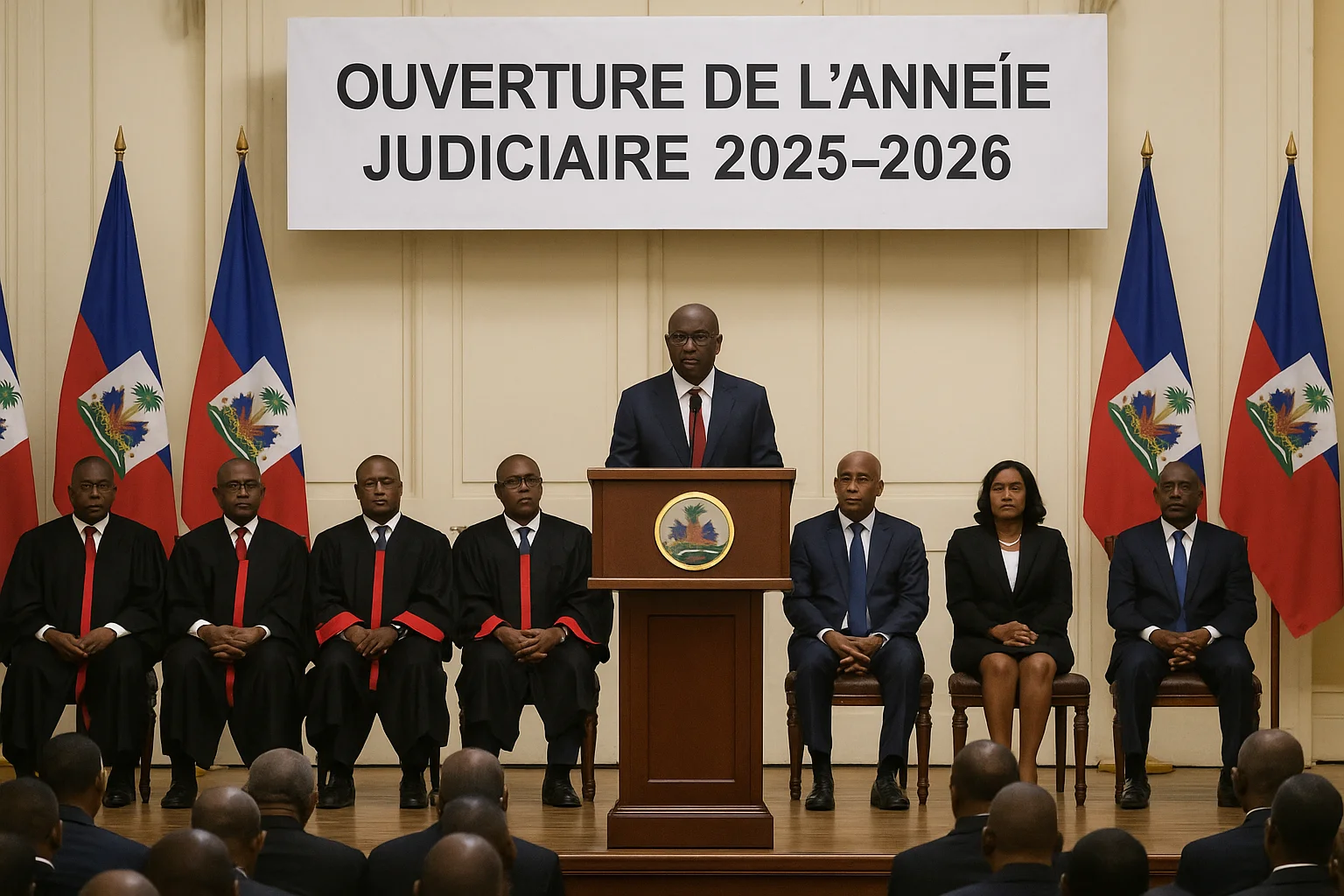The Massacre River dispute between Haiti and the Dominican Republic is a long-standing issue with deep-rooted historical context and bilateral agreements.
To reach a lasting and peaceful solution, both countries must come to an agreement through a binational technical table.
This article will discuss the context of the dispute, international law and principles, bilateral agreements, proposals for a peaceful resolution, and the dispute resolution and role of international bodies.
Furthermore, the importance of finding a fair and definitive solution will be highlighted.
Key Takeaways
- Construction of an irrigation system on the Massacre River in Haiti has led to concerns raised by the Dominican Republic and civil society organizations.
- The Massacre River is considered an international watercourse, with both countries having rights and obligations for its equitable and reasonable utilization.
- Bilateral agreements between Haiti and the Dominican Republic, including the Treaty of Peace, Friendship, and Arbitration of 1929 and the Agreement of Friendship, Perpetual Peace, and Arbitration of 1935, provide a legal framework for managing transboundary watercourses.
- A peaceful resolution to the dispute is sought through the creation of a binational technical table, cooperation based on sovereign equality and mutual benefit, and the development of a technical protocol for coordinated management of transboundary watersheds.
Context and Background
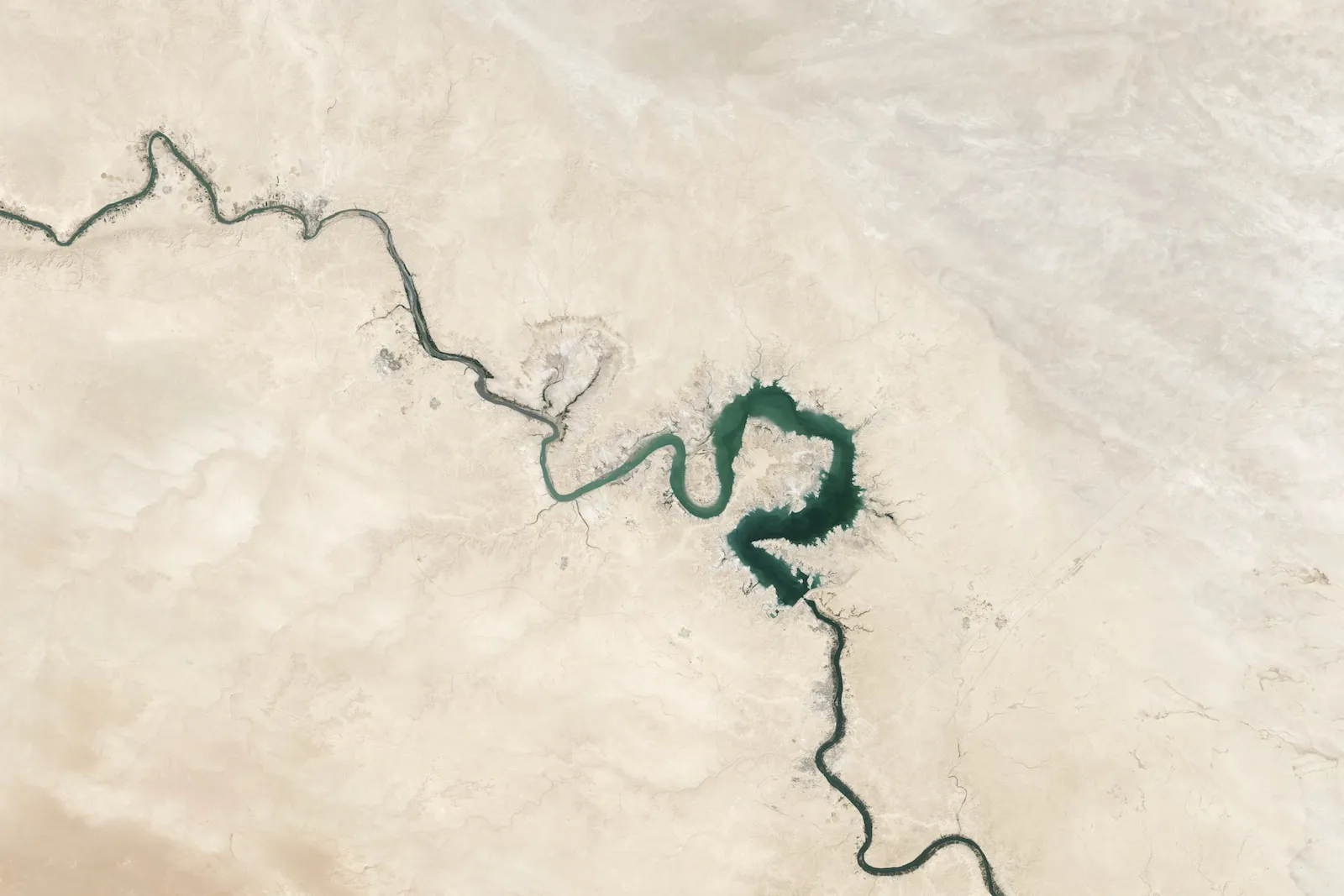
The dispute over the Massacre River arose from the construction of an irrigation system in Haiti, which raised concerns from the Dominican Republic and civil society organizations. This led to the first incident of intervention by Dominican soldiers and an initial meeting to find a solution.
To understand the context of this dispute, it is important to look at the historical context of the bilateral agreements between Haiti and the Dominican Republic. Agreements concluded in 1929 and 1935 to delimit the borders of the two countries led to dissatisfaction, resulting in the adoption of a new treaty in 1935 and an additional protocol to the 1929 treaty in 1936.
It is clear that both countries need to cooperate and find a lasting solution to manage the transboundary waterway.
International Law and Principles

Adhering to the principles of international law is key to resolving the dispute over the Massacre River and finding a lasting solution. To do this, countries must:
Respect the rights and obligations of countries sharing the river.
Abide by the principles of equitable and reasonable utilization.
Cooperate with each other in the management of transboundary watercourses.
International watercourses are defined as those that cross the boundaries of two or more states. The Massacre River is an example of an international watercourse, meaning that both Haiti and the Dominican Republic have an obligation to manage it in a manner that is fair and non-harmful.
This requires both countries to cooperate with each other and to abide by the principles of transboundary watercourse management, including the principles of equitable and reasonable utilization, information sharing, and cooperation.
Bilateral Agreements

To further progress towards the resolution of the Massacre River dispute, bilateral agreements between Haiti and the Dominican Republic must be given due consideration.
These agreements have long been an integral part of the legal framework for managing transboundary watercourses, governing the obligations and responsibilities of both countries.
The benefits of cooperation between the two countries can be seen in the terms of agreements such as the Treaty of Peace, Friendship, and Arbitration of 1929, the Agreement of Friendship, Perpetual Peace, and Arbitration of 1935, and the Additional Protocol on the demarcation of the border. These agreements are essential for resolving the conflict in an equitable, peaceful, and mutually beneficial manner.
Proposal for Peaceful Resolution
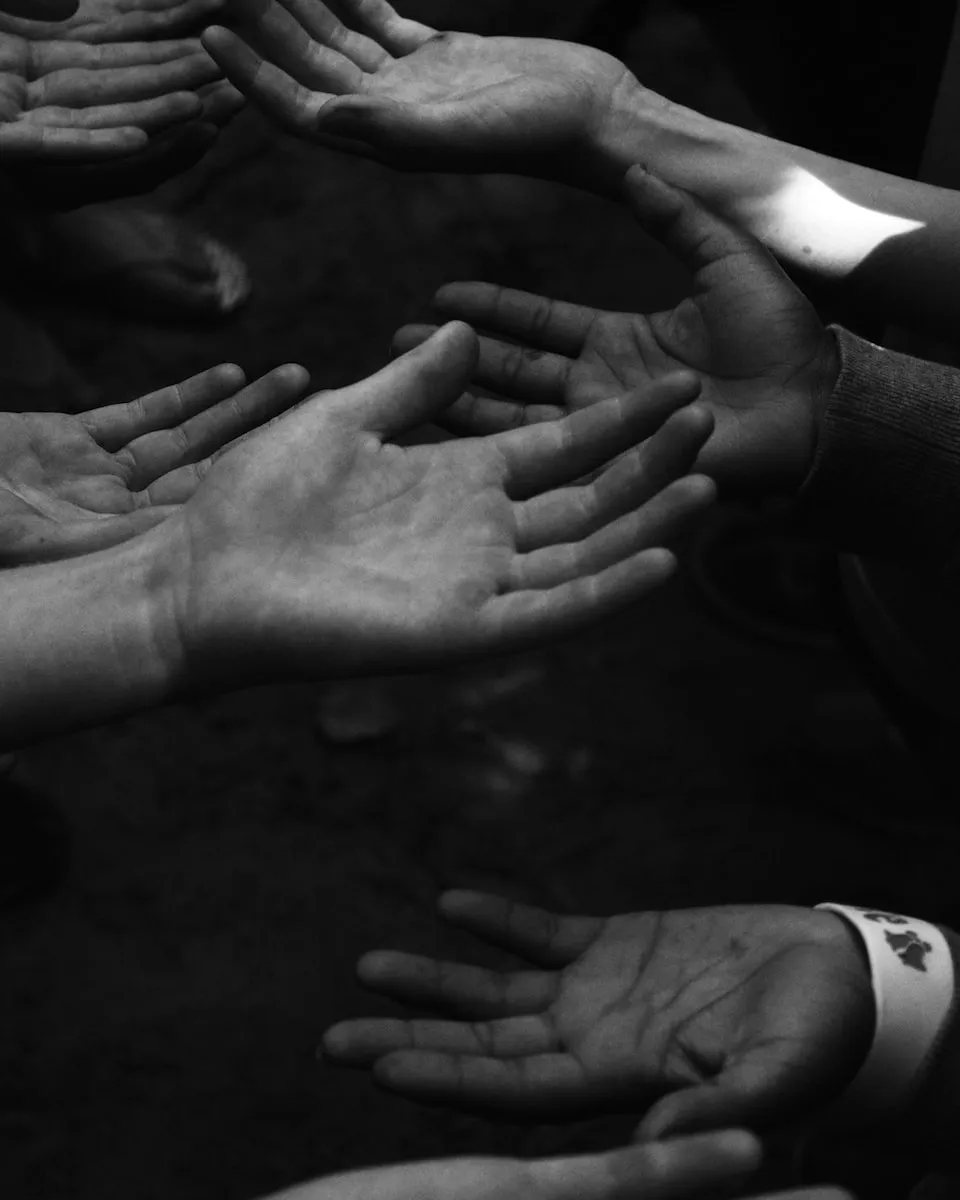
Cooperating on the basis of sovereign equality and mutual benefit, a proposal for a peaceful resolution of the Massacre River dispute must include the creation of a binational technical table.
This table should develop a technical protocol for the coordinated management of transboundary watersheds. It should also establish a better understanding of work in the border area. Additionally, it should create a binational water table to facilitate the exchange of data and information on the watercourse.
Moving forward, cooperation benefits all parties involved in the dispute by providing a platform for equitable and non-harmful use of the watercourse. It also fosters a lasting solution for the management of transboundary watercourses.
Dispute Resolution and the Role of International Bodies

Though both countries have agreed on a binational technical table as a platform for cooperation, ultimately, the Massacre River dispute must be resolved through dispute resolution and the role of international bodies.
International arbitration and the International Court of Justice are two potential avenues for dispute resolution. The 1929 Treaty of Peace, Friendship, and Arbitration provides an option for referral to an international judicial body.
A bilateral legal framework for transboundary watercourses is essential to providing a lasting solution to managing the Massacre River. This framework should define the obligations and responsibilities of both countries and also include conditions for equitable and non-harmful use of the watercourse.
International bodies can help facilitate cooperation between Haiti and the Dominican Republic and provide technical assistance for the management of transboundary watercourses.
| International Bodies | Role |
|---|---|
| International Court of Justice | Potential avenues for dispute resolution |
International Organizations Facilitate Cooperation Between Countries
| Technical Agencies | Provide technical assistance for transboundary watercourse management |
Benefits of Cooperation
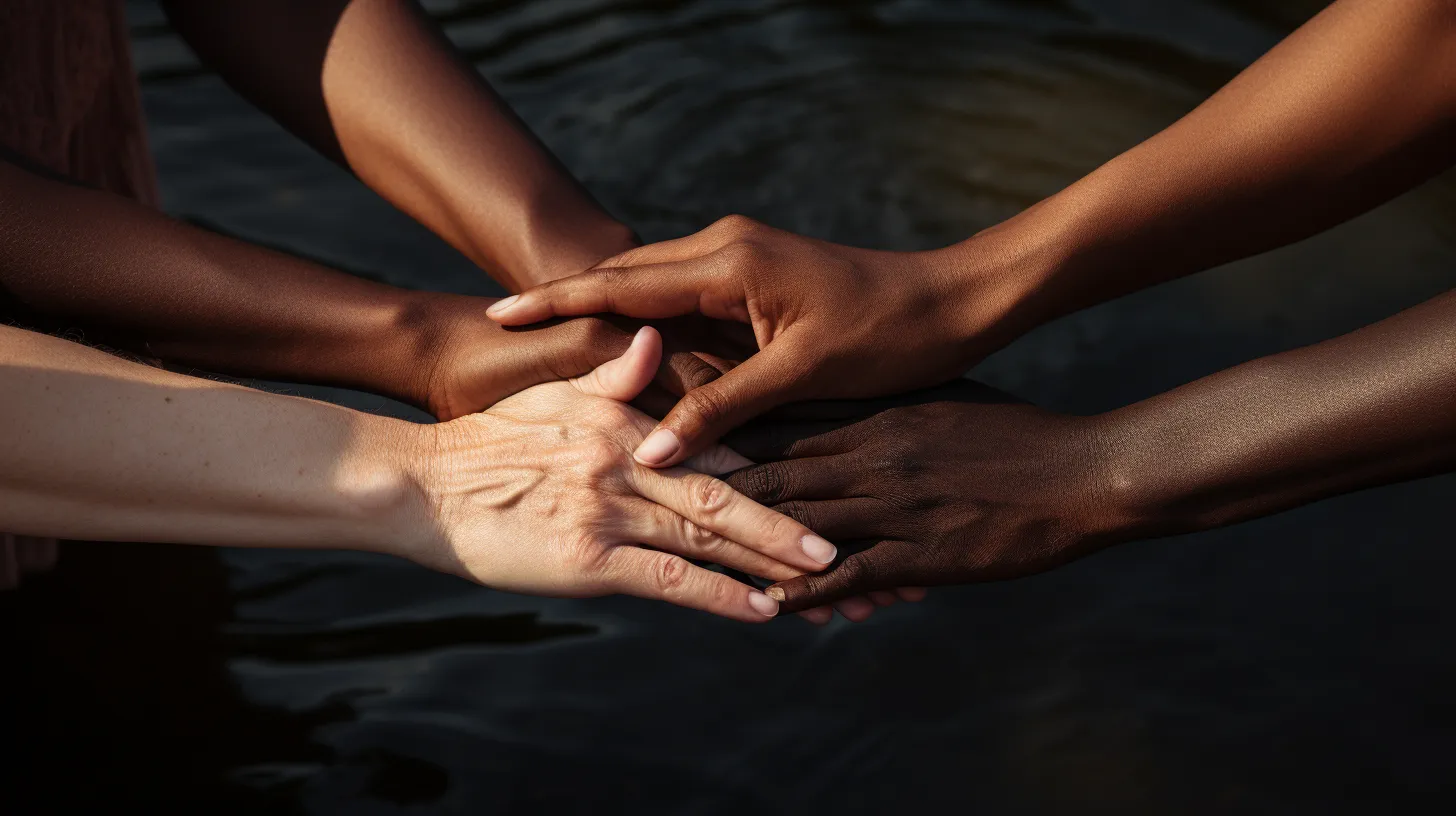
Cooperation between Haiti and the Dominican Republic on the Massacre River dispute can bring numerous benefits to both countries. For example:
Improved relations between the two countries and the ability to work together on other matters in the future
Increased economic opportunities through joint development projects
a greater understanding of the importance of respecting international law and principles governing transboundary watercourses.
The benefits of cooperation could include positive outcomes such as improved domestic and international security, improved economic and social development, and increased stability in the region.
Working together to manage the Massacre River dispute could lead to increased trust and cooperation on other issues. It could also result in increased investment in infrastructure and the development of sustainable management systems for the watercourse.
Moving Forward
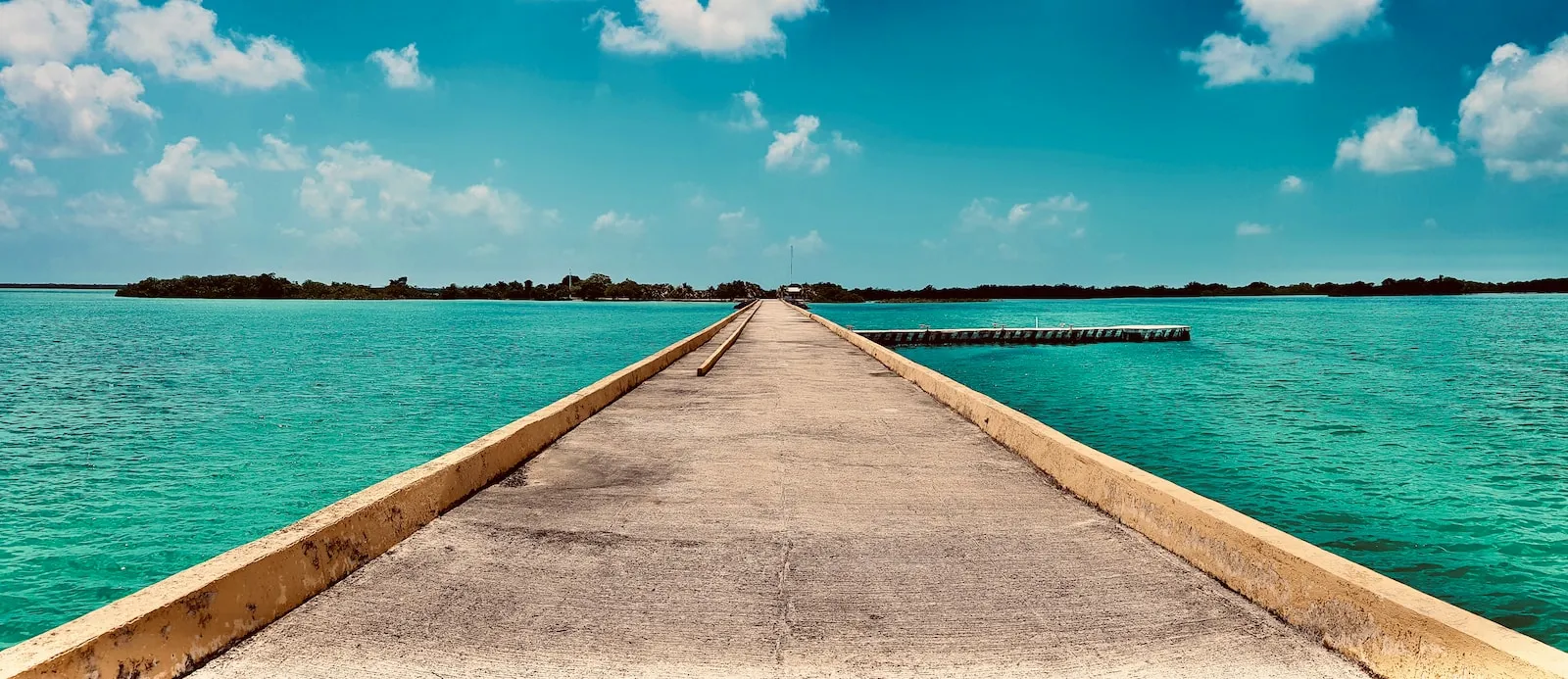
Moving forward, it is essential for both countries to cooperate in order to successfully resolve the Massacre River dispute. Collaborative strategies and building trust are essential for the two countries to work together to reach a satisfactory solution.
The adoption of a legal framework for transboundary watercourses that includes the principles of equitable and reasonable utilization as well as the non-harmful use of the river is a priority.
The creation of a binational technical table with sub-commissions for agriculture and the environment is the first step in working together. The exchange of data and information regarding the watercourse is also necessary for the two countries to better understand the work taking place in the border area.
Ultimately, it is important for both countries to develop a technical protocol for coordinated management of the watershed in order to find a lasting solution to this dispute.
Conclusion
Finding a resolution to the Massacre River dispute is essential for the peaceful coexistence of Haiti and the Dominican Republic.
While difficult, with the use of international law and principles, bilateral agreements, and dispute resolution, a fair and definitive solution can be reached with the help of international bodies.
Such a solution will ultimately benefit both countries and provide for equitable and non-harmful use of the river.

